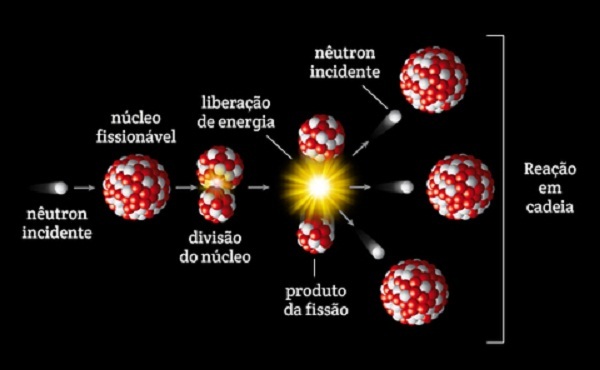Environmental sanitation is the set of public investments in environmental control policies which seeks to solve existing problems in the infrastructure of cities, contributing to a better quality of life for the population.
Environmental sanitation policies can be considered social policies because they aim at better living conditions for citizens and their health. Furthermore, these measures also reflect on improvements in environmental conditions.
According to the World Health Organization (WHO), sanitation is "the control of all environmental factors that can have harmful effects on the physical, mental and social well-being of individuals”. Some examples are:
- air pollution (gas emissions),
- soil pollution (urban waste),
- water pollution (waste released into rivers, dams, etc.),
- noise and visual pollution,
- disorderly occupation of the soil (banks of rivers, hills, etc.),
- existence of open sewer,
- floods.
Importance of environmental sanitation
Environmental sanitation measures are important to ensure that the population has the highest possible quality of life. As these are very broad policies, the benefits can be many, such as reducing the spread of diseases, especially contagious ones.
In countries where sanitation conditions are more inadequate, sanitation measures are seen as elementary health policies. It is for this reason that environmental sanitation is directly linked to the public health of societies.
Environmental sanitation is also important for:
- general improvement of local hygiene conditions,
- ensure better routing to the different types of waste generated,
- decrease in pollution,
- improvement in the quality of water offered to the population,
- improves air quality,
- preservation of the environment and ecosystems,
- preventing environmental catastrophes such as floods,
- adoption of more sustainable measures.
Also read the meanings of public health and public policy.
Difference between basic sanitation and environmental sanitation
The two types of sanitation have related concepts, but the big difference between them is that the environmental sanitation it is a more extensive planning, which comprises measures that involve several environmental and health aspects. already the sanitation it is more aimed at guaranteeing the provision of basic services to the population.
Basic sanitation comprises a set of measures that are of fundamental importance for the conservation of the environment and the quality of life of the inhabitants.
Some examples are: water supply, implementation of a sewage network, public cleaning, selective garbage collection and other services that determine the environmental conditions of urban centers.
Environmental sanitation, as we have seen, is the set of public policies adopted to solve problems infrastructure that harm the population and society, in environmental and health terms, principally.
Learn more about the meaning of sanitation.
environmental management and environmental sanitation
Environmental Management is the work of managing, administering and conducting the economic and social activities of companies aiming at sustainable development and the rational use of raw materials and natural resources.
The development of management work focused on the environment is essential to ensure effective environmental sanitation measures.
In environmental management there is a constant search for improvement of economic activities, services, products and the work environment, to encourage the reduction of waste of materials, energy, water etc. and consequent cost reduction, taking into account sustainability.
Learn more about the meaning of sustainable development and see some examples of sustainability.
Environmental Sanitation Course
The higher course of Environmental Sanitation Technician trains qualified professionals to work in the areas of Sanitation, Environment and Public Health. Its preparation is aimed at seeking, in a sustainable way, the improvement in the population's quality of life.
The environmental sanitation technologist is qualified for several functions, such as:
- develop urban water supply, sewage and solid waste treatment systems,
- operate air, water and soil monitoring networks,
- to work in public or private environmental sanitation and environmental and health management companies,
- work in environmental quality control and environmental impact study laboratories.

